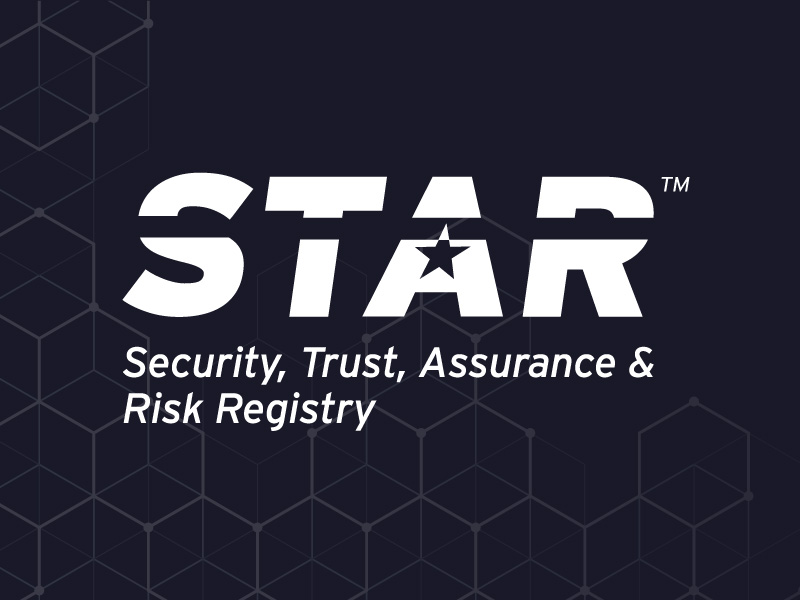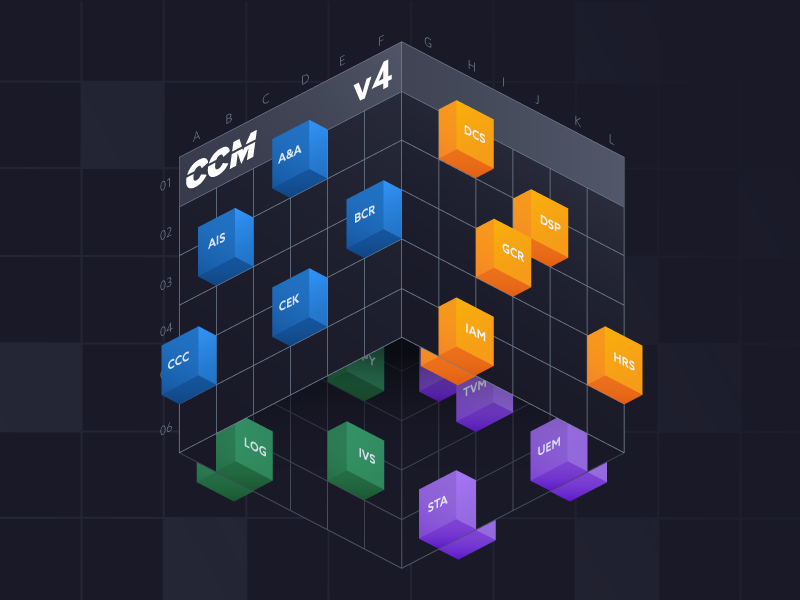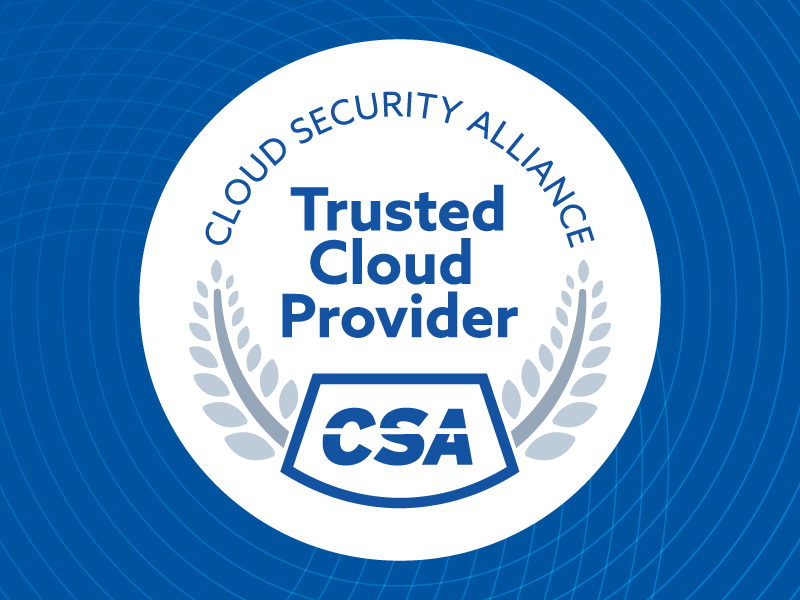Global Data Sovereignty: A Comparative Overview
Published 01/06/2025
Written by Thales.
In a cloud-driven world where data is stored off-premises and distributed across global servers, the question of who controls data is complex. Maintaining control over data becomes increasingly crucial for businesses as data grows in value. This concern gave rise to the concept of data sovereignty, the principle that digital information is governed by the laws of the country in which it is stored. This principle addresses critical questions of ownership, protection, and third-party access.
The 2024 Thales Data Security Directions Council report, featuring insights from global security experts, highlights the complex landscape of data sovereignty. Emerging technologies like AI add to the challenge, amplifying data volume and complexity. With organizations demanding more data-driven decisions, they must navigate evolving regulations on data residency, privacy, and cross-border flows to meet heightened security demands.
Data sovereignty becomes crucial in ensuring that data handling aligns with strict privacy and security standards, particularly regarding access and stewardship in cloud-based and international contexts. Agnieszka Bruyere, VP of Cloud Growth and Public Sector, Oracle EMEA, said that determining who can access data “becomes more crucial as we consider all the data required for training purposes of AI models.”
Comparative Analysis of Global Privacy Laws
137 countries have data protection laws, and many more are considering implementing them. Besides the challenge of remembering all those acronyms and their association with the respective jurisdictions, businesses must understand the peculiarities of these laws.
The major data protection and privacy laws—EU’s GDPR, California’s CCPA/CPRA, UK GDPR, China’s PIPL, India’s PDPB, and Canada’s PIPEDA—share foundational similarities, focusing on principles such as transparency, data minimization, security, and user consent. Each regulation aims to protect individual rights by establishing clear guidelines on data collection, processing, and storage. All laws emphasize giving data subjects (i.e., the individual citizens) rights, though the extent varies; for example, GDPR and PIPL offer comprehensive rights like access, deletion, correction, and portability. Most frameworks also include requirements for organizational accountability and penalties for non-compliance, demonstrating a global push toward prioritizing data privacy and empowering individuals to control their personal data.
Despite these shared goals, each regulation differs significantly in implementation, reflecting regional priorities and regulatory nuances. GDPR in the EU and the UK have stringent rules cross-border data transfer rules, requiring adequacy decisions or strict safeguards. At the same time, PIPL enforces strict data localization and security reviews to prioritize national security. CCPA/CPRA, unique to California, focuses on consumer rights to opt out of data sale, with a lighter approach to cross-border requirements. PDPB and PIPL emphasize data localization, mandating certain data to remain within their borders. PIPEDA, primarily geared toward private-sector data, emphasizes consent and transparency but lacks comprehensive coverage for cross-border transfers.
The following table summarizes the essential requirements of these laws.
Regulation | Scope | Core Principles | Individual Rights | Penalties | Unique Aspects | Cross-Border Restrictions |
GDPR | EU & global for EU residents’ data | Strong on transparency, purpose limitation | Extensive rights (access, erasure, portability, etc.) | Up to €20 million/4% turnover | Strict on data protection and consent | Yes, requires adequacy, safeguards |
CCPA | California, USA | Transparency, data minimization | Know, access, delete, opt-out of selling | Up to $7,500 per violation | Emphasis on consumer opt-out and data sale | No specific international data requirements |
UK GDPR | UK & global for UK data subjects | Mirrors GDPR | Same as GDPR | £17.5 million/4% turnover | Adjusted for UK laws | Yes, mirrors GDPR requirements |
PIPL | China & global for Chinese citizens' data | Data minimization, consent | Access, correction, deletion | 5% annual revenue | Focuses on national security and data localization | Yes, with strict government review |
PDPB | India & global for Indian data | Data minimization, purpose limitation | Confirmation, access, erasure | 15 crores/4% turnover | Critical data must stay in India | Sensitive data can go abroad with safeguards |
PIPEDA | Canada (private sector) | Fair information principles | Access, correction | CA$100,000 per violation | Emphasis on valid consent, no employee data coverage | No strict rules but encourages transparency |
Data Sovereignty Across Jurisdictions
The notion of data sovereignty is not uniform across all these laws and appears in varying degrees of emphasis and interpretation. Regulations like China’s PIPL and India’s PDPB explicitly mandate data localization or have stringent requirements for specific data to remain within their borders, driven by national security concerns. This strict approach to data sovereignty requires organizations to store or process particular types of sensitive or critical data within the country’s jurisdiction, making compliance especially rigorous for cross-border operations.
In contrast, GDPR and UK GDPR do not enforce outright data localization, but they do impose strict controls on cross-border data transfers and maintain oversight of data ownership. Their requirement of "adequate" data protection for cross-border data transfers mandates businesses and organizations to maintain sovereign control of their data security. However, laws like CCPA/CPRA and Canada’s PIPEDA are more lenient; they lack explicit data sovereignty requirements, focusing instead on transparency and allowing consumers some control over data sharing and selling, especially for commercial or marketing purposes.
The Importance and Implications for Multi-cloud Businesses
“Global organizations operating in multiple jurisdictions face a complex web of local regulations, making it quite difficult to manage compliance with every one of them,” notes Ganesh Subramanya, Global Head of Data Security Practice, Cyber Security at Tata Consultancy Services.
The growth of cloud and multi-cloud environments has introduced additional complexity to data sovereignty. As data is spread across multiple cloud platforms, each with unique controls and security protocols, ensuring sovereignty is even more challenging. Data sprawl is another concern fueled by the need to maintain data accessibility and security while juggling regulatory and operational demands. This shift often results in data duplication, with some applications remaining on-premises, leading to uncontrolled data across a multitude of storage systems.
Balancing increasingly stringent security requirements with the agility modern businesses need to thrive is another challenge for multi-cloud businesses as they try to transform security from a barrier to a driver of growth and innovation. In fact, Dr Avesta Hojjati, Head of R&D at DigiCert, said: “The biggest challenge is how to implement data sovereignty in a way that is technically feasible and usable.”
Indeed, multi-cloud, global companies must navigate conflicting data sovereignty requirements that complicate compliance efforts when data is stored across different jurisdictions. Complying with diverse regulations can increase operational costs and add to the complexity of managing data transfers. Moreover, the lack of uniformity in legal definitions of sensitive data and compliance requirements can create legal uncertainties and potential liabilities for entities operating internationally.
Maintaining Control of Data Security
Keeping tight control over data security, particularly through effective encryption and key management across multiple cloud environments, is essential for businesses to protect sensitive information and comply with regulatory requirements. Michael Tadault, Chief Technologist for Telco in APAC at Red Hat, explained: “Encryption is a key tool in ensuring data sovereignty. By encrypting data, we assert control over who can access it.”
However, as companies increasingly adopt multi-cloud strategies, the complexity of managing diverse security protocols and ensuring consistent encryption practices becomes a challenge. Centralized key management solutions can enable organizations to oversee encryption keys effectively, ensuring they maintain control of their data security at rest and in transit.
These controls are also critical for ensuring compliance with regulations like the Digital Operational Resilience Act (DORA). By implementing robust encryption, centralized key management, and secure data flows, organizations can address DORA’s requirements for operational resilience, particularly in managing ICT risks within financial services. DORA emphasizes the importance of safeguarding data as part of an organization’s broader strategy to maintain operational continuity and minimize risks associated with cyber threats and technological failures. Thus, adhering to these practices not only protects sensitive information but also supports compliance with both DORA and other relevant data protection laws.
Through robust key management strategies, companies can mitigate the risks associated with misconfigurations and unauthorized access while remaining compliant with a variety of regulatory requirements. Furthermore, a unified approach to encryption facilitates better visibility and control over data flows so organizations can respond quickly to potential threats and protect their data assets across cloud platforms.
Unlock Cloud Security Insights
Subscribe to our newsletter for the latest expert trends and updates
Related Articles:
The Visibility Gap in Autonomous AI Agents
Published: 02/24/2026
OpenClaw Threat Model: MAESTRO Framework Analysis
Published: 02/20/2026





.png)



